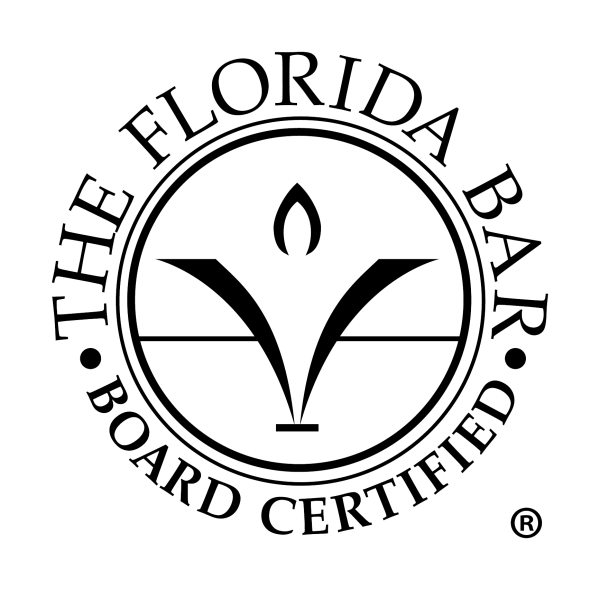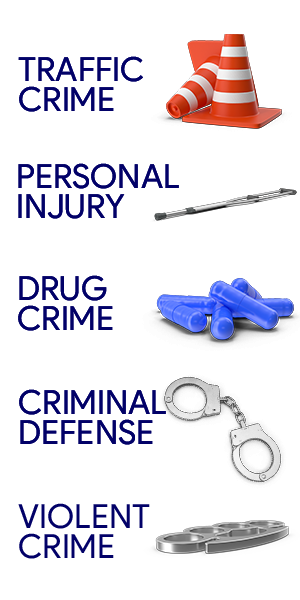A person who has been convicted of committing, or attempting, soliciting, or conspiring to commit, any of the criminal offenses proscribed in the following statutes in this state or similar offenses in another jurisdiction will be required to register as a sex offender in Florida:
- 393.135(2) (sexual misconduct with a person with a developmental disability);
- 394.4593(2) (sexual misconduct with a mental health patient);
- 787.01 (kidnapping a child under the age of 13),
- 787.02 (false imprisonment of a child under the age of 13), or s. 787.025(2)(c) (luring or enticing a child under the age of 12), where the victim is a minor;
- 787.06(3)(b), (d), (f), or (g) (human trafficking);
- former s. 787.06(3)(h) (human trafficking);
- 794.011, excluding s. 794.011(10) (sexual battery);
- 794.05 (unlawful sexual activity with a minor);
- former s. 796.03; former s. 796.035;
- 800.04 (lewd or lascivious activities in the presence of a person under 16 years old);
- 810.145(8) (video voyeurism of a minor);
- 825.1025 (lewd or lascivious offense upon an elderly person);
- 827.071 (use of child in sexual performance);
- 847.0133 (selling or showing obscene material to a minor);
- 847.0135 (possession of child pornography and travelling to meet a minor for sexual purposes), excluding s. 847.0135(6); s. 847.0137; s. 847.0138; s. 847.0145; s. 895.03.
As you can see, there are numerous offenses that can obligate a person to register as a sex offender in Florida for the remainder of their life.
In State v. James, 298 So.3d 90 (Fla. 2d DCA 2020), the judge dismissed the case because Mr. James still had a pending fine of $10,000 from a prior conviction. Because that was considered a part of his “sanction” from which he had not yet been released, he wasn’t required yet to register as a sexual offender.
However, the Legislature recognized this loophole and amended the Fla. Stat. 943.0435 by removing “fines” from the list of sanctions from which an offender had to be released to trigger registration.
Initial Registration
If the person is not in custody, he or she must register with the local Sheriff’s Office within 48 hours of their conviction. The person must provide their:
- Address (whether permanent, temporary, or transient)
- Email addresses
- Internet identifiers
- Phone numbers
- Employment information
- Name
- Date of birth
- Social security number
- Race
- Sex
- Height
- Weight
- Hair and eye color
- Tattoos or other identifying marks
- Fingerprints
- Palm prints
- Photograph
- Employment information
- Address of permanent or legal residence or address of any current temporary residence, within the state or out of state, including a rural route address and a post office box; if no permanent or temporary address, any transient residence within the state, address, location or description, and dates of any current or known future temporary residence within the state or out of state
- Make, model, color, vehicle identification number (VIN), and license tag number of all vehicles owned
- Date and place of each conviction and a brief description of the crime or crimes committed by the offender
- Produce his or her passport, if he or she has a passport, and, if he or she is an alien, shall produce or provide information about documents establishing his or her immigration status.
- Information about any professional licenses he or she has.
Following the initial registration at the Sheriff’s Office, the offender must report to the local Department of Highway Safety and Motor Vehicles to obtain a driver’s license or identification card that identifies him or her as a sexual offender. Generally speaking, any changes to any of the above information must be reported to the Sheriff’s office within 48 hours of the change. A failure to do so will result in a criminal charge.
Depending on the conviction and the person’s residential status, the person may be obligated to report in person to the Sheriff’s office annually, every six months, every three months, or every month. The failure to do so will result in a criminal charge being filed.
Criminal Penalties for Failure to Register as a Sex Offender in Florida
A failure to register in Florida as a sex offender is punishable as a third-degree felony. Third-degree felonies are punishable by up to 5 years in prison and up to a $5,000 fine. Additionally, if the court does not impose a prison sentence, the court must sentence the offender to a minimum of:
- 6 months of electronic monitoring for a first offense;
- 12 months of electronic monitoring for a second offense; and
- 24 months of electronic monitoring for a third or subsequent offense.
Is it Possible to Get Off the Registry?
The short answer is, yes, it is possible. However, it is extremely difficult to do so. As an initial matter, the offender must have been lawfully released from confinement, supervision, or sanction, whichever is later, for at least 25 years and has not been arrested for any felony or misdemeanor offense since release, provided that the sexual offender’s requirement to register was not based upon an adult conviction:
- For a violation of s. 787.01 or s. 787.02 (kidnapping of a child under the age of 13)
- For a violation of s. 794.011, excluding s. 794.011(10) (sexual battery)
- For a violation of s. 800.04(4)(a)2. where the court finds the offense involved a victim under 12 years of age or sexual activity by the use of force or coercion (lewd and lascivious activity)
- For a violation of s. 800.04(5)(b) (lewd and lascivious activity on a minor under the age of 12)
- For a violation of s. 800.04(5)(c)2. where the court finds the offense involved the use of force or coercion and unclothed genitals or genital area (lewd and lascivious activity on minor between the ages of 12 and 16)
- For a violation of s. 825.1025(2)(a) (lewd and lascivious activity with an elderly person).
As such, any conviction for an offense listed above results in a lifetime registration. Any arrest subsequent to being required to register bars that person from ever coming off the registry. Lastly, a court must agree that you should come off the registry. So, it’s not impossible but it is difficult to meet the criteria to be removed from the sex offender registry in Florida.
Failure to Register Attorney Adam Bantner
Adam Bantner was board certified by the Florida Bar in 2016 as an expert in criminal trial law. He has handled numerous failure to register cases in his career with great results. Call him today at 813.661.5180 to set up your free consultation.

Adam Bantner – Criminal Defense Attorney at Law
If you are in need of an expert criminal defense attorney specializing in legal defense against DUI, traffic, criminal, violent crime charges, or a personal injury – you’ll find it here.
Adam L. Bantner, II is a Board Certified Criminal Trial Attorney representing those accused of crimes in Hillsborough and Polk counties. He is the Past President of the Hillsborough County Association of Criminal Defense Attorneys., is a Super Lawyers Rising Star, and AVVO rated “Superb.” Adam is a member of Valrico Law Group.
Request a Consultation


Adam Bantner, II is a Board Certified Criminal Trial Law Attorney representing those accused of crimes in Hillsborough and Polk Counties. When you are facing criminal charges, you want an expert in your corner. The Florida Bar has recognized Adam as an expert criminal defense attorney.
I have been defending the accused since 2006 and am Past President of the Hillsborough County Association of Criminal Defense Attorneys.
I have tried over 30 jury trials, on charges ranging from driving on a suspended license to murder.
In addition, I am a Brandon personal injury attorney. If you’ve been injured through no fault of your own, give me a call to see how we can help!
I approach each case on the principle that every client deserves zealous representation, with attention to detail and to their individualized needs. My mission is to get the best possible result for every client, in every case, every time. Give me a call to see how I can assist you to get the best results in your case. I are here to help.

